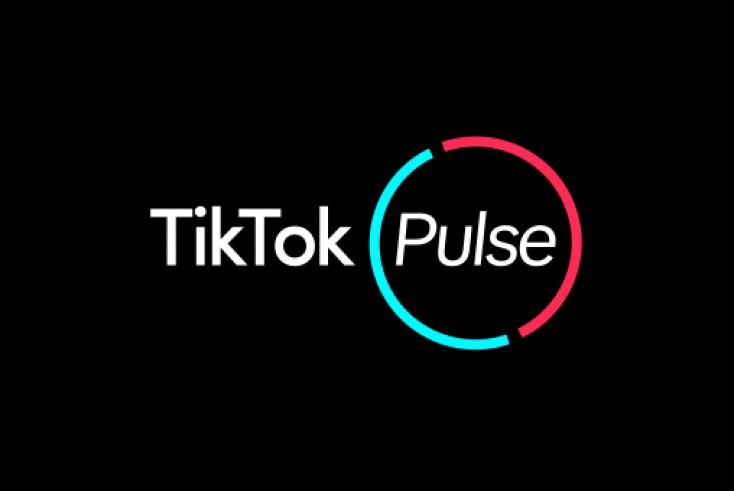TikTok launches Pulse Premiere in the UK to connect brands with premium publishers


TikTok is bringing its ‘Pulse Premiere’ contextual advertising solution to the UK, France and Germany.
The solution, which launched in the US market in May, allows brands “control and predictability” to place their ads directly after content shared by premium publishers shown in TikTok’s For You feed.
It builds on an earlier ad solution, TikTok Pulse (released May 2022), which let advertisers place their brand next to the top content in the For You Feed.
In the UK, Sky Media’s Sky Sports has been named the first approved publisher. Additional inaugural European partners include Brut, BuzzFeed, Condé Nast, DAZN, Hearst Magazines, and Reworld Media.
Kris Boger, TikTok’s UK general manager for global business solutions, said, “With Pulse Premiere, advertisers will now have even greater control and the opportunity to tap into the cultural moments – be it sport or entertainment – that’s most relevant to their audience, supercharging their brand exposure.”
Advertisers have in recent weeks struggled with their ad placements on social media apps.
TikTok, X, and others have been accused of promoting hateful speech, which brands have in many cases had advertisements placed against.
The resultant backlash has led to a number of advertisers pausing spend especially on Elon Musk-owned X, but analysis published this week in The Times suggested user-generated content on TikTok may be related to hate crimes amid a surge of anti-Israel videos posted on the platform.
The release of TikTok’s Pulse Premiere solution in the UK and other European markets is thus timely.
By offering advertisers more control over ad placements next to reputable outlets, TikTok is hoping to improve ad relevance and, ostensibly, brand safety.
It also lends credence to the concept, researched by the likes of advertising effectiveness guru Peter Field, that placing ads against reputable and trustworthy sources of information is highly effective.
Publishers are increasingly leaning into the value of trust in their brands. As The Guardian‘s James Fleetham said on a recent episode of The Media Leader Podcast, “If there’s less stuff you can trust out there, the places that you can trust become more important.”
